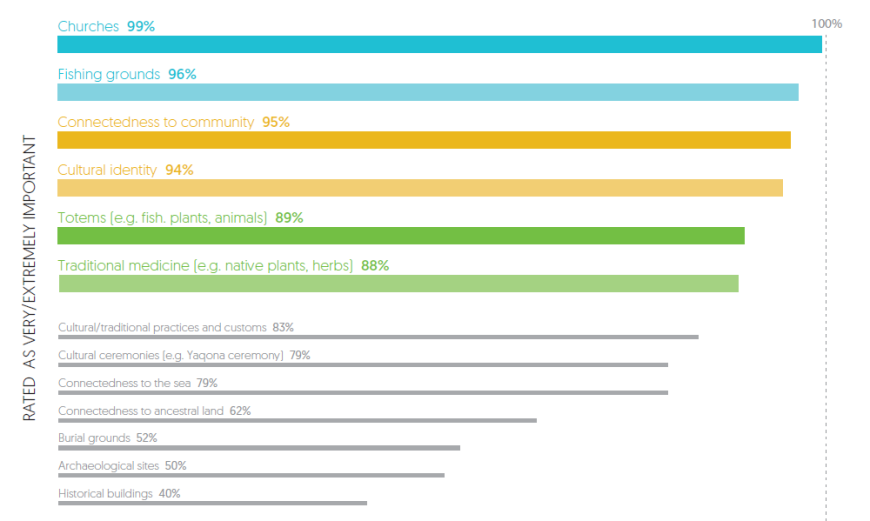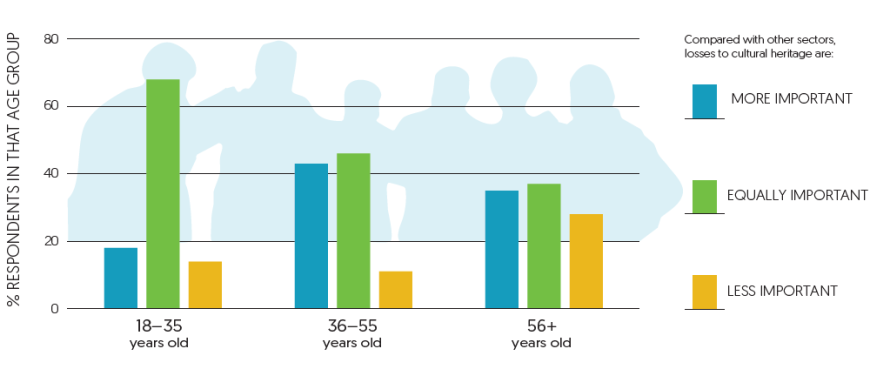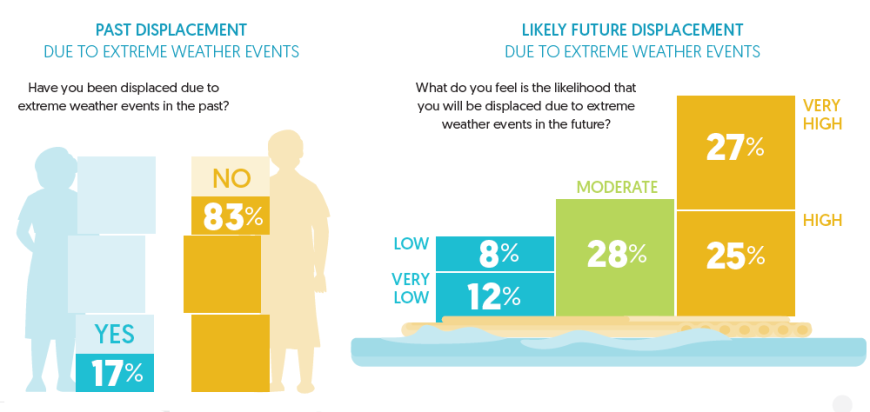Assessing climate change-induced cultural losses in Fiji
In this section
-
Sustainable society & policy
- Activating water-sensitive urban design for healthy resilient communities
- Assessing climate change-induced cultural losses in Fiji
- BEST: Biodiversity and ecosystems services for resource management
- Cities, settlements & communities
- Decision-making in the Waihou-Piako catchment
- Decision-making in the Lower Waikato, Central Waikato, and Waipa catchments
- Environmental Perceptions Survey
- Evidence empowering impact
- Farmer decision-making in the Southland region
- Garden Birds: The science behind the survey
- Freshwater values, monitoring and outcomes
- Moving the middle
- New Zealand Nursery Survey
- New Zealand Colony Loss Survey
- Responding to COVID-19
- Social Licence to Operate Framework
- Survey of Rural Decision Makers
- What if nature had a voice? (or we learned to listen)
This urgent issue has spurred international efforts, such as the UN-led loss and damage funding framework, to address these disparities. However, current estimations of climate change-induced losses and damages largely focus on economic aspects, neglecting cultural and social dimensions. This oversight becomes particularly huge in the Pacific region, where cultural heritage is vital and faces imminent climate threats.
To bridge this gap, we have adopted an innovative approach to assess how local communities in Fiji value losses and damages to cultural heritage compared to other sectors, such as infrastructure and agriculture.
The study focused on villages in the Ba, Ra, Tailevu and Rewa provinces of Viti Levu in Fiji where we also examined the most important dimensions of cultural heritage in those villages.
These results showed the diverse considerations and preferences of respondents and shed light on the intricate interplay of cultural, infrastructural, and social factors influencing relocation decisions in the context of climate change-induced hazards These insights hold significance for policymakers and stakeholders seeking to design resilient and community-centric
adaptation strategies in vulnerable regions such as Fiji.
Importance attributed to cultural heritage compared to other sectors
Each respondent was tasked with allocating a hypothetical climate change compensation fund of 100,000 Fijian dollars (represented by 50 chickpeas) per village across five sectors, including cultural heritage. The allocation of nearly equal funding to cultural heritage as to other sectors underscores the deep-rooted significance of cultural heritage to these communities.

Importance attributed to cultural heritage compared to other sectors
Importance attributed to different dimensions of cultural heritage
The six most important dimensions of cultural heritage perceived by the respondents are churches, fishing grounds, connectedness to local community, cultural identity, totems, and traditional medicine.

Importance attributed to different dimensions of cultural heritage
Importance of losses of cultural heritage considered by age group
A significant portion of respondents from local communities in Fiji, across all age groups, view the impact of climate change on cultural heritage as just as critical as the impact on other vital sectors such as agriculture and infrastructure. This challenges the conventional prioritization of economic and infrastructure losses in climate change impact assessments, suggesting that a more balanced approach is necessary.

Importance of losses of cultural heritage considered by age group
Level of anxiety related to climate change
Most of the respondents (83%) reported that they have never previously been displaced from their homes or villages because of extreme weather events. However, around 52% of the respondents think that the likelihood of them being displaced in the future from their homes or villages is high or very high.

Level of anxiety related to climate change
Downloadable content
- pdf Infographic: Assessing climate change-induced cultural losses in Fiji (black and white) pdf File, 227 KB
- pdf Infographic (Fijian): Assessing climate change-induced cultural losses in Fiji (full-colour) pdf File, 246 KB
- pdf Infographic (Fijian): Assessing climate change-induced cultural losses in Fiji (black & white) pdf File, 223 KB

